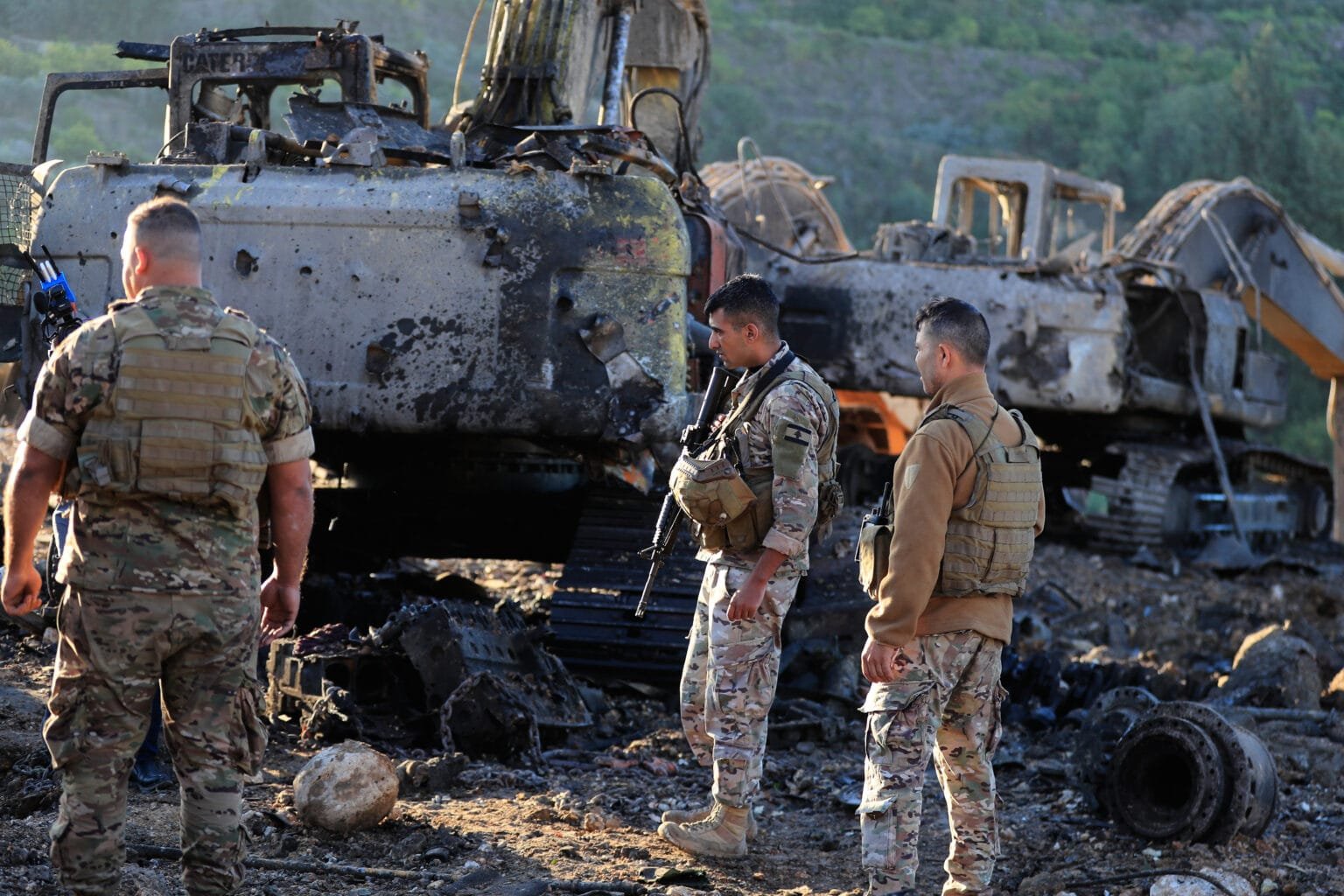BEIRUT — Following a deadly overnight incursion in Blida village municipality, southern Lebanon, Joseph Aoun has directed the Lebanese Armed Forces to actively confront any future incursions by Israel Defense Forces into Lebanese territory. The orders come after an Israeli raid inside Lebanese borders early on Thursday killed a municipal worker identified as Ibrahim Salameh.
The Lebanese presidency issued a statement saying President Aoun, during a meeting with Army Commander Rodolphe Haykal at Baabda Palace, condemned what he called “a grave and unprecedented attack” and ordered the army to safeguard “Lebanese land and the safety of its citizens.”
According to Lebanese state media and witnesses, the raid took place around 1:30 a.m. when Israeli forces entered the Blida municipal building, where Salameh was sleeping, and fatally shot him. The Israeli military acknowledged the operation, saying it targeted alleged Hezbollah infrastructure and that a suspect was identified, but said the incident remains under review.
The incident sparks serious concerns because it violates the cease-fire agreement brokered in November 2024 and thrusts Lebanon’s fragile southern border zone back into heightened tension. Israeli forces maintain several positions in southern Lebanon and continue frequent air- and ground-operations despite the truce.
Prime Minister Nawaf Salam swiftly condemned the raid as “a blatant assault on Lebanese state institutions and sovereignty,” calling on the United Nations and other guarantors of the cease-fire to press Israel for a full withdrawal from Lebanese territory.
The international peace-keeping entity United Nations Interim Force in Lebanon (UNIFIL) voiced deep concern, calling the raid a violation of Lebanese sovereignty and of UN Security Council Resolution 1701, which underpins the truce arrangements. Local residents blocked UNIFIL patrols in protest over perceived failures to protect civilians in the south.
Analysts warn that President Aoun’s directive indicates a major policy shift: Lebanon is signaling a readiness to deploy its army more assertively against Israeli actions, rather than relying on diplomatic condemnation alone. However, without a viable mechanism for managing cross-border confrontations and given the presence of armed non-state actors, the risk of escalation remains acute.





